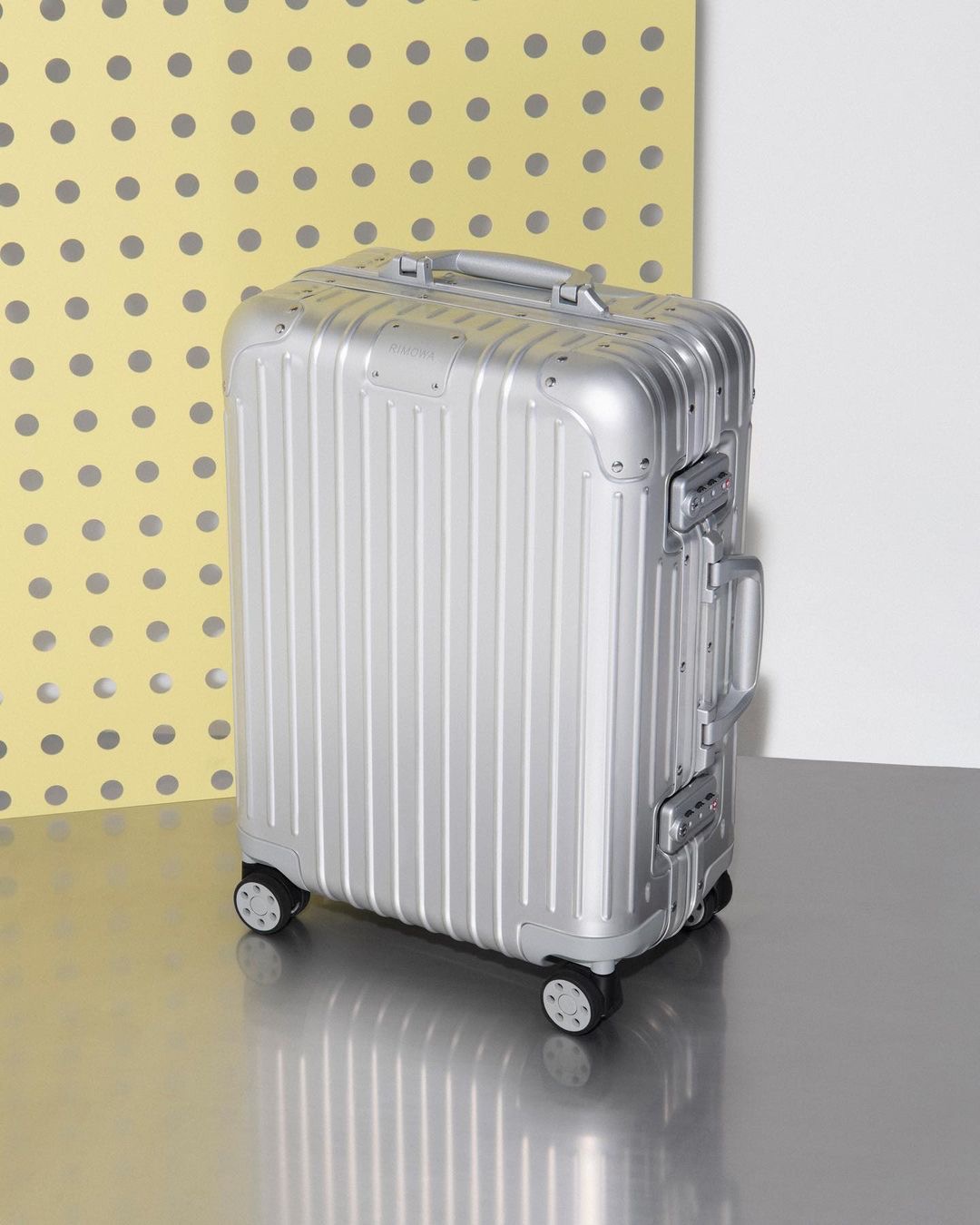I think we can all agree that one of the greatest pleasures in life is the ability to be able to travel to pretty much any corner of the world that you desire. This kind of freedom is amazing, and it enables you to experience as many different and varied cultures and landscapes as you can afford, but there is definitely a feeling on the whole that there are ‘good travelers’ and ‘bad travelers’. Trust me, you never want to be put in the bad category yourself! There is a certain level of behaviour and knowledge that is required to be classed as a good traveller, but don’t worry, I’m here to let you in on them. Here are some ways to be a more responsible traveler!
Reader Poll
Thanks for sharing your thoughts.
Want more like this? Subscribe for personalized picks.
Successfully subscribed.
Check your inbox for personalized content.
1. Learn the Culture
Before you arrive in a foreign country, it is courtesy to learn a little bit about the culture so you know how to act when you get there. The more you know about daily customs and attitudes, the better you can adapt your own behaviours to be seen as respectful and responsible rather than an outsider coming in with no respect or tact for other cultures.
2. Be Sensitive to over Tourism
If you want to be regarded as one of the responsible travelers, don’t go where you aren’t wanted because there are already too many people visiting for the area to cope. Lots of places are currently battling over-tourism, so the responsible thing to do is search for hidden gem locations that both need the money and would be more welcoming of extra bodies!
Reader Poll
Thanks for sharing your thoughts.
Want more like this? Subscribe for personalized picks.
Successfully subscribed.
Check your inbox for personalized content.
3. Buy Local Goods
Don’t arrive at an exotic destination and then just head straight for the McDonalds and the Starbucks. Repay the hospitality of the city you are visiting by buying their local produce and eating at their local restaurants. It’s not like they have profited from your flight there so they need to be included in the tourism cash cow by being included in your spending when you are actually there.
4. Think Green
Try to be as eco-friendly as you can while you are visiting your destination. Don’t leave hotel room lights on when you aren’t there, don’t leave any water running, try to take public transport wherever you go, and please, resist the urge to take seashells and sand from foreign beaches.
5. Don’t Interact with Wildlife
Make a decision not to pay for any kind of animal interaction attraction that might be on offer, unless it is affiliated with a local conservation effort. Elephant rides etc. are a form of cruelty, and the small local businesses that run them rely on the attitudes and willingness of tourists to keep them afloat. The animals are mistreated terribly, even if the situation looks like a happy one. If tourists stops paying for it, they will no longer be able to do it.
Reader Poll
Thanks for sharing your thoughts.
Want more like this? Subscribe for personalized picks.
Successfully subscribed.
Check your inbox for personalized content.
Don't Miss the Latest Version
Get the latest stories, save favorites, and share with friends — all in one place.
Create your profile. Earn badges. Level up your reading.
Join Allwomenstalk to track your streaks, collect badges, and earn XP for the things you already do—reading, sharing, and taking quizzes.
- 🔥Daily streaks with gentle boosts for 3, 7, and 30 days.
- 🏅Collect badges like Reader I–III, Socialite, and Quiz Ace.
- ⚡️Earn XP for reads, deep reads, likes, comments, and shares.
It’s free. Takes 30 seconds. Already have an account? Sign in.




Feedback Junction
Where Thoughts and Opinions Converge
2018-08-29T05:47:43.457Z
2018-08-28T17:45:09.618Z